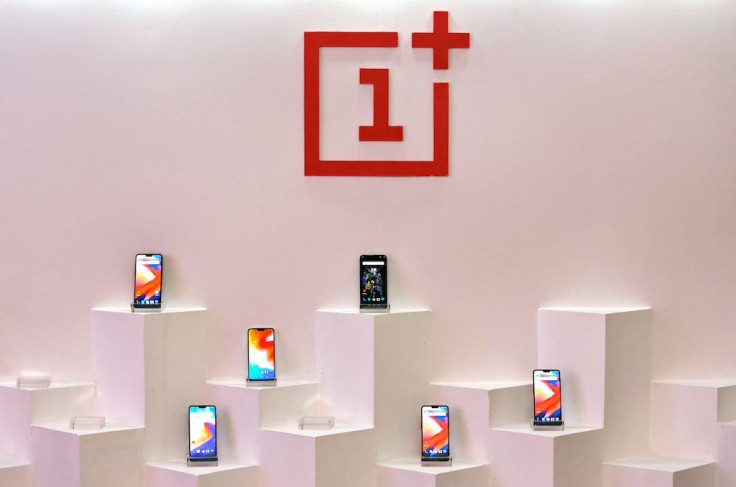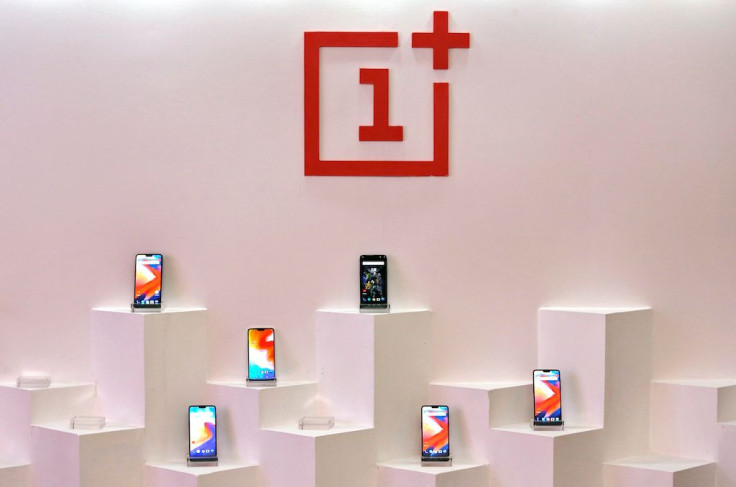OnePlus Optimized Charge Explained: Why Fast Charging Isn't As Good As It Seems

KEY POINTS
- Dash Charging is the fastest charging tech available
- New optimized charging slows down charging
- It makes battery last longer
Most mid-range and premium phones currently come with some form of fast charging tech currently. However, despite the advent of fast charging technologies such as Dash charging, Quick charge, and VOOC charging, the truth is that the battery tech has remained more or less stagnant over the years, and batteries have suffered due to such technology.
Fast charging is usually done either by increasing the level of charge that comes from the charger or by simply increasing the voltage, both of which have a degrading effect on battery – since we are using the same lithium-ion batteries as before, despite the advent of fast charging. The batteries may charge faster, but it does affect their longevity.
OnePlus, a company that is known for its Dash charging technology has come out with a feature that is the exact reverse of fast charging – optimized charging.
How it works is simple – While the phone will fast charge normally till that battery is charged to 80 percent, it will slow down after that when the phone is being charged at night. From 80 percent to 100 percent, it will charge extremely slowly so that the battery is fully charged by the time the user wakes up.
This prevents the phone from overcharging, thereby preventing the battery’s overall life from being affected.
But, how does it determine, when the user will be waking up? It uses the first alarm or the first event in the calendar. In case, the user hasn’t set up both, the device will use AI to learn about the user’s habits and set optimized charging accordingly.
However, if you want the phone to charge super-fast up to 100 percent, you can easily disable the feature.
Currently, the feature is only available for OnePlus 7 users who are using the Beta version of the Oxygen OS, but it is expected to roll out to more OnePlus devices overtime.

© Copyright IBTimes 2024. All rights reserved.




















